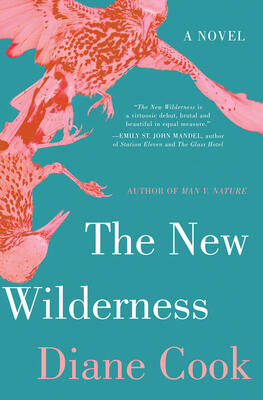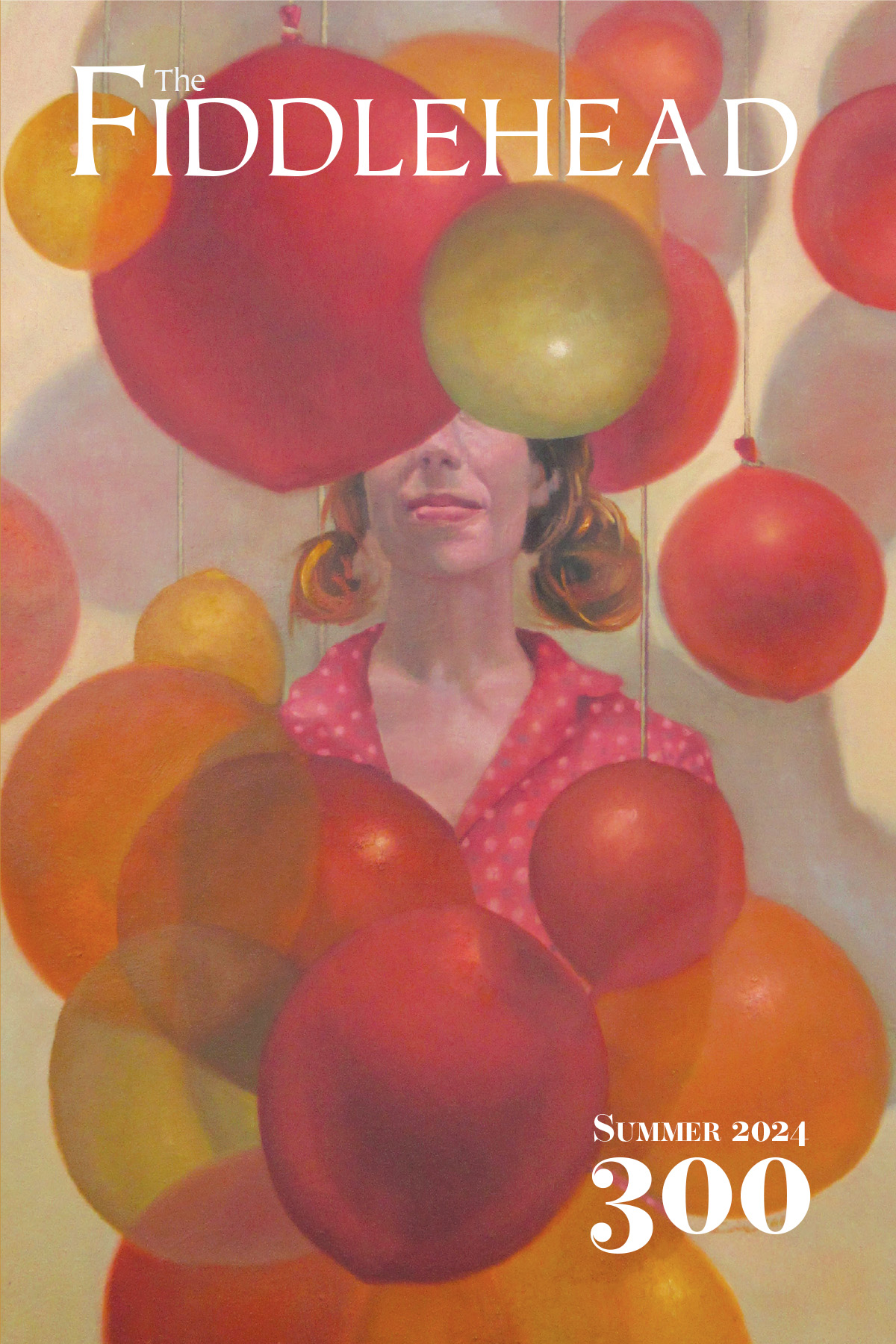
When I arrived at my designated campsite on my first camping trip, I encountered a black bear. It was bent over a picnic table two camp sites over, its snout riffling through crumbs and crusts on abandoned paper plates. My childhood friend, a bear expert who was working at Algonquin Park that summer, was shocked. She said she hadn’t seen bears roaming this close to the campsites all summer. She assured me that the likelihood of it coming back was slim, but I wasn’t convinced. A vigilance and primal fear settled beneath my skin, and instead of finding relaxation and connection to the natural world, I felt alienated. I grappled with every rustle and branch snap, insisting that it meant something but I couldn’t decipher what. My senses, so used to honking cars, the smell of gas, and the constant hum of machines, were untrained in this environment. In the wilderness, I couldn’t tell what was safe and what was an indication of danger.
Despite my struggle leaving my urban life behind during that trip, I maintained a fascination with stories that grapple with the relationship between humans and the natural world. This fascination led me to pick up Diane Cook’s debut novel The New Wilderness. It’s a story of Bea and her five-year-old daughter Agnes, who volunteer to live in the Wilderness State as a part of a study to see if humans can co-exist with nature. Living as nomadic hunter-gatherers, they build a new community along with eighteen other volunteers, and they wander through the grand country and must “Leave No Trace”. As the group slowly learns to survive, the members of their community begin to battle for control and power. Their once peaceful existence complicates with betrayals and sacrifices as they continue to roam further into the last place untouched by humankind.
What initially drew me into Cook’s world was the choice to leave the city for a nomadic hunter-gatherer lifestyle indefinitely. We’re now familiar with reality shows that strand strangers on deserted islands in pursuit of a cash prize for a prescribed period of time, but in The New Wilderness, Bea’s decision was made out of a necessity to save her daughter, who’s lungs are being destroyed by the smog and pollution of the city (a reality that isn’t too farfetched). As the story progresses, Bea’s decisions become more dubious and driven by self-preservation and come at a cost to her relationship with her daughter, Agnes.
Cook’s lush descriptions of the physical world shine brightest when clashing against the brutality of the human world. In one paragraph, Cook will describe the rugged and unforgiving natural landscape, and in the next, it will turn to a disagreement between the community members on how they should govern the group. It’s this clash that brings forward a fundamental human question: does the primal urge to self-preserve always prevent solidarity and forward-thinking solutions for our communities?
The short answer from Cook is yes, although that isn’t much of a spoiler.
The New Wilderness invites readers on a gripping and propulsive journey that no longer asks the question if we can turn around the effects of climate change, but how do we live with each other as we weather its impacts.
I think back to my time in Algonquin Park, one of the remaining places in Canada that’s protected from the overwhelm of civilization. I remember walking around a field filled with berry patches at dusk. I heard a rustling from the nearby brush and my shoulders tensed, thinking that another bear would appear. But it was a group of campers with loaded backpacks strapped over their shoulders. They laughed and stomped across the field.
— Eleni Zaptses is a fiction writer from Waterloo, Ontario. She is also the Managing Editor of The New Quarterly. “The Namesake” is her first fiction publication.
You can read Eleni Zaptses' story in Issue 300 Summer Fiction 2024. Order the issue now:
Order Issue 300 - Summer Fiction 2024 (Canadian Addresses)
Order Issue 300 - Summer Fiction 2024 (International Addresses)










